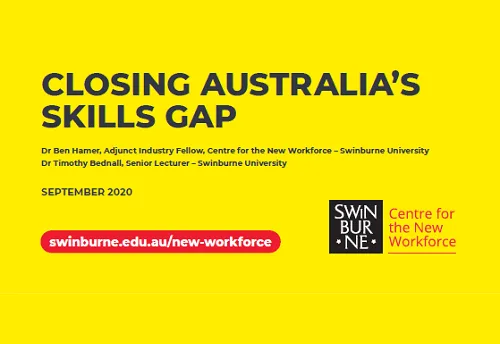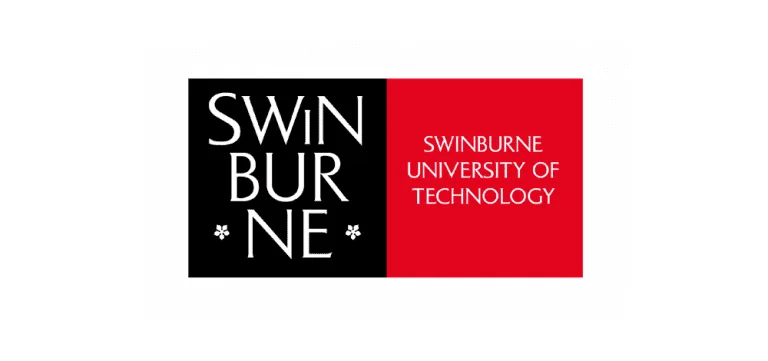Closing Australia’s skill gap: Executive Summary
“We should remember that intellectual complacency is not our friend and that learning – not just new things but new ways of thinking – is a lifelong endeavour” Blair Sheppard (PwC’s Global Leader for Leadership and Strategy).
We know that many jobs are undergoing major changes because of automation, digitization or augmentation. These shifts have resulted in a gap between the skills needed by employers and the skills available in the labour market. The skills gap has only widened as a result of the unprecedented disruption caused by the coronavirus, or COVID-19, outbreak.
The disruption from the COVID-19 outbreak is likely to have a significant impact on the world economy. Yet, the present situation also provides an opportunity to envisage what a post-coronavirus world could look like, beyond a return to “business as usual” approach
Closing the global skills gap could add US$11.5 trillion to global GDP by 20281. Moreover, decreasing the skill gap of the workforce can help individuals improve their career mobility, ultimately helping them to find more fulfilling work. In Australia, while 78% of CEOs believe that the availability of key skills is a top threat to growth, only 23% of employees say that upskilling is happening in their workplace (PwC, 2020)2.
To address this skills gap, and support the post-coronavirus social and economic recovery effort, a collective effort is required across government, industry, educators and individuals.
We cannot rely only on the small number of employers reportedly upskilling their employees to effect systemic change.
The changing nature of work
Work is changing. Fast. New ways of work are emerging, cognitive technology is advancing, global delivery models are the norm, and demographic shifts are changing the expectations of workplaces. These have profound implications on the skills that organisations need, and create a gap based on the skills that employees have.
As routine tasks become automated – with some reports suggesting that employers are taking advantage of the pandemic to accelerate automation3 – employees are increasingly dedicating more time to tasks requiring creative, complex cognitive thinking and interpersonal skills.
Download the report to find more.


